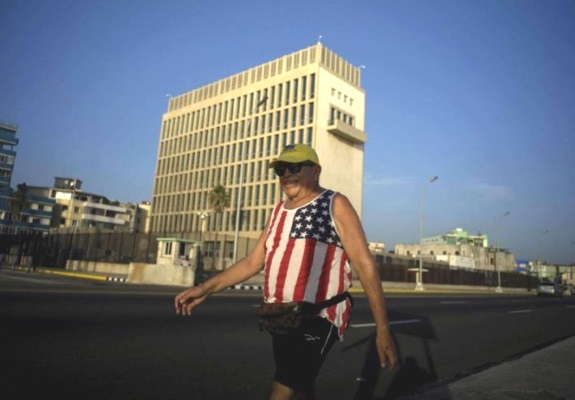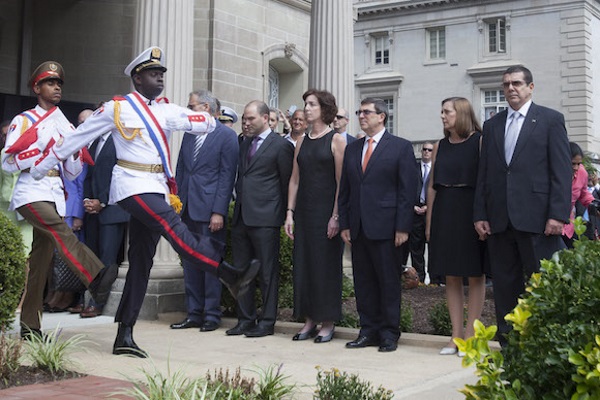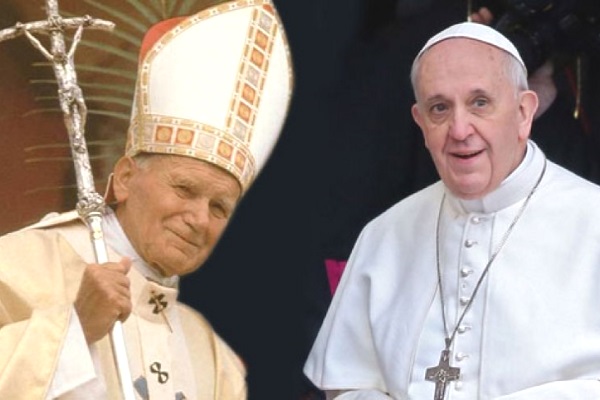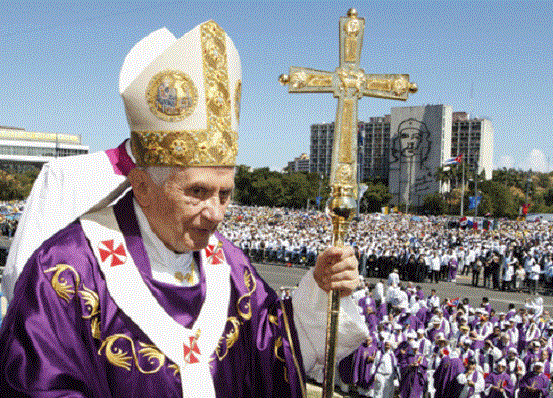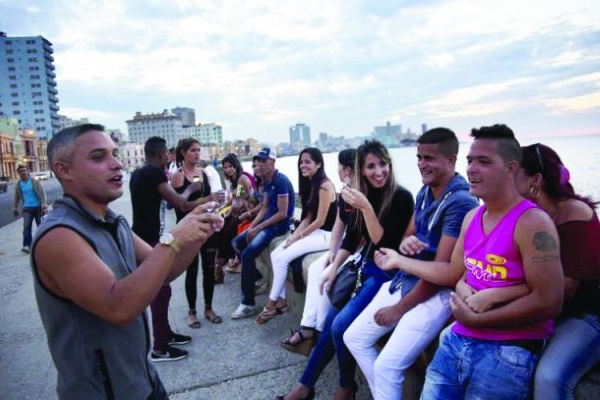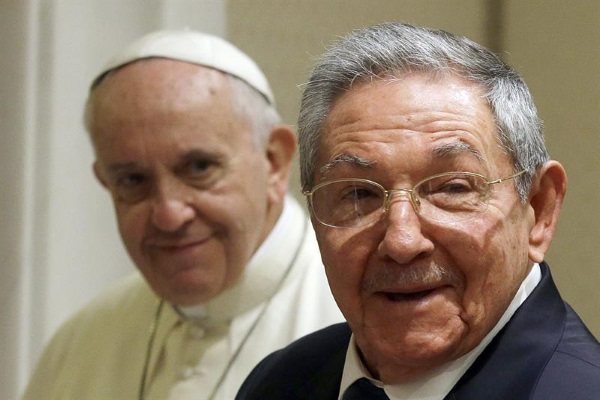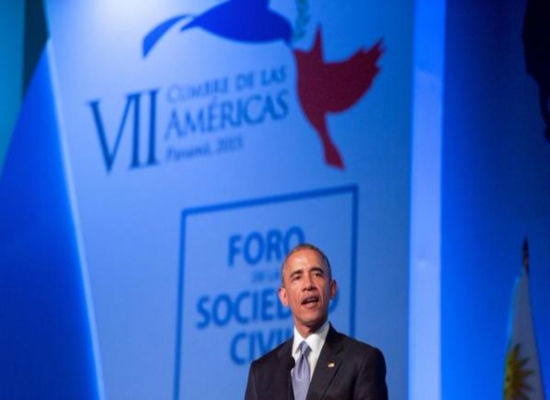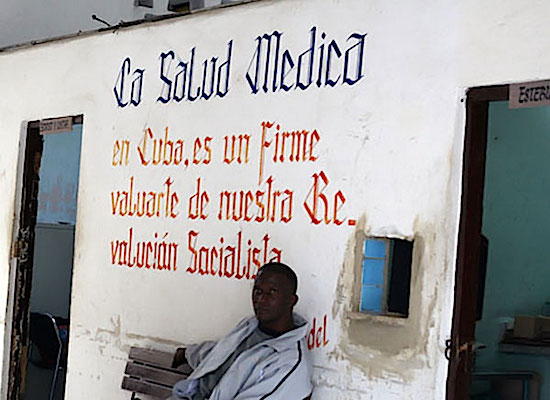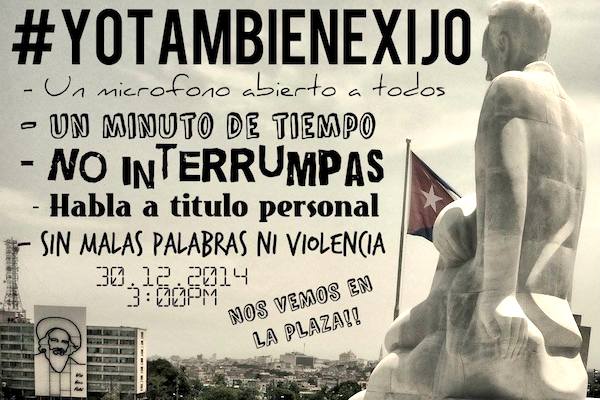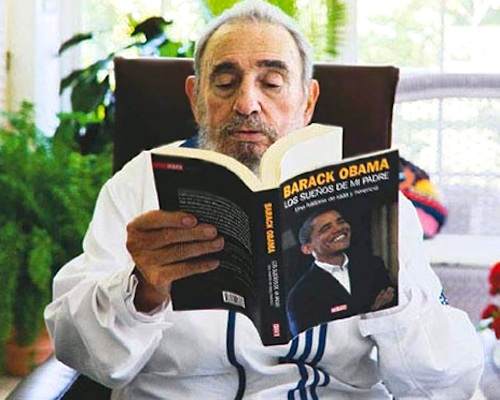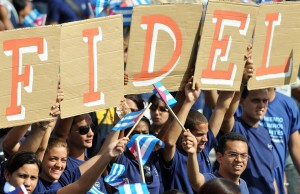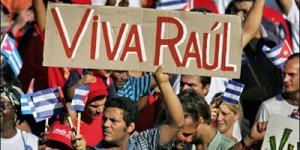
 Cubanet, Miriam Celaya, Havana 18 September 2015 – There is just one day left before the arrival of Jorge Mario Bergoglio, Bishop of Rome, and work at the Cuban capital has intensified on the faded facades of buildings flanking the route that the head of the Vatican and his accompanying delegation will travel. A motley profusion of stridently contrasting colors has invaded the city, in an apotheosis of bad taste.
Cubanet, Miriam Celaya, Havana 18 September 2015 – There is just one day left before the arrival of Jorge Mario Bergoglio, Bishop of Rome, and work at the Cuban capital has intensified on the faded facades of buildings flanking the route that the head of the Vatican and his accompanying delegation will travel. A motley profusion of stridently contrasting colors has invaded the city, in an apotheosis of bad taste.
These days, the deployment of supports and scaffolding has been intense around the streets that the sense of humor of people has dubbed “Via Sacra.” As often happens in murky waters, the occasion is also conducive to the illicit sale of paint. Thus, a gallon of water is added to every gallon of paint that is sidetracked for sale, in the watercolor canvas destined to cover the usual filth on the facades. It is an economic law that no opportunity for smuggling should be wasted in a country where the black market is not only the best stocked, but also the most organized and efficient. In addition, the visit will be brief, so Bergoglio will not witness how the layers of bright colors poured out in his honor will fade away under the scorching Cuban sun. continue reading
The hustle and bustle also includes the planting of ornamental shrubbery in parks adjacent to the route charted for Francis’s itinerary. In fact, in deference to the visitor, the squalid clumps punished by drought and apathy that surrounded the Central Havana relief image of Karl Marx, on Carlos III and Belascoaín, were replaced by new shrubbery. It is an irony of fate that the site of the father of atheism has been decked out just to honor the most eminent representative of God on Earth. The inventor of communism must be spinning in his grave.
Such a display of brushes and scaffolding responds to a plan that goes into effect in this type of situation, when the authorities need to ingratiate themselves with celebrities who enjoy touring and being engulfed by crowds. Officially, it is termed “The Image Plan”, and consists of investing only minimal resources to temporarily achieve a better image of the settings that visitors will see. The activity does not include any carpentry or mortar cement work for the reparation or renovation of structures. Deteriorated or damaged elements are not replaced, and surfaces are not cleaned, but the low quality paint is applied over the grime, over the exposed rusty reinforcement building supports and over the holes left by crumbling and fallen plaster. The idea is not to improve the city, but to make it look better than it really is. It is part of the scheme: false beauty in a country of false leaders and false devotees.
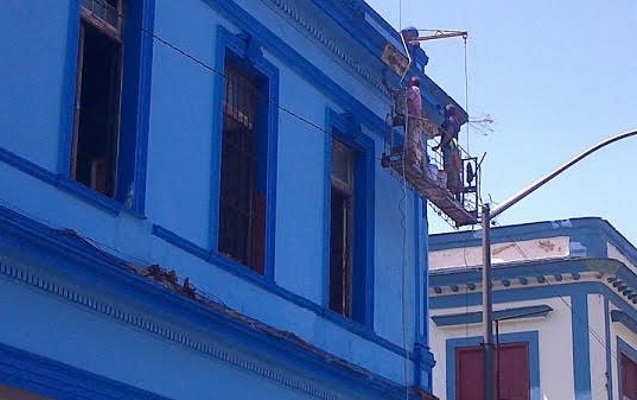
Of course, there has been popular criticism of what some consider a waste of resources, a swindle to visitors, and an insult to the growing needs of the population. Hundreds of poor Cubans who fruitlessly rummage through flea markets looking for the most “economic” options to paint their homes wonder how funds materialize when it involves a governmental interest.
Other Cubans question so much deployment of yellow and white Vatican flags, mounted atop public street lights, as in the case on Boyeros, Linea, and Séptima Avenida, among others, especially when, at the start of the recent school year, many primary school children were not able to wear new regulation white shirts because production was inadequate due to shortages of raw materials for garment factories, among other reasons.
But these are secondary issues. In short, including Bergoglio’s visit, three popes have honored us with their presence. It’s not that they have resolved much, but we know the magnitude of Cuban vanity… Three Popes is something not too many countries can brag about, let alone a country like Cuba, where the effects of the blessings have the same duration as the Catholic devotion of the masses: three days. What greater privilege could we wish for!
As a positive note, we know that Bergoglio’s visit will be of some use in smuggling a few messages from the Cuban President-General to the American President as the Pope sets out directly for the U.S. from Cuba. Incidentally, the event will also have been instrumental in the release of more than three thousand incarcerated individuals, some of them common criminals, victims of a system where anything can be construed as a crime. God the Father himself would have to visit us to achieve the release of political prisoners and prisoners of conscience. Let’s wait and see if by then there are at least any walls left standing and in need of paint.
Translated by Norma Whiting


